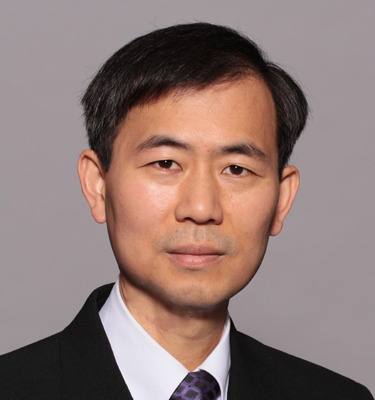Archive for March 2020
Smart use of ionizing radiation in biomedical imaging
SPEAKER: YOUNGHO SEO DATE/TIME: MON, 03/30/2020 – 4:00PM TO 5:00PM LOCATION: via ZOOM Spring 2020 Colloquium Series Abstract: Biomedical imaging modalities that rely on x-ray and gamma-ray interactions in biological objects and radiation detectors present potential risk of radiation-related complications. In many cases, imaging using ionizing radiation is essential to detect and monitor human diseases; however there…
Read MoreNuclear Engineering to Make a Difference
SPEAKER: RACHEL SLAYBAUGH DATE/TIME: MON, 03/09/2020 – 4:00PM TO 5:00PM LOCATION: 3105 ETCHEVERRY HALL Spring 2020 Colloquium Series Abstract: We all (I hope) want to use our careers to make a difference. This talk will walk through one example of how that might look and lead into a broader discussion of how one could use a highly…
Read MoreUsing Data Competitions to Crowdsource Innovative Solutions to Urban Radiation Detection Problems
SPEAKER: CHRISTINE ANDERSON-COOK DATE/TIME: MON, 03/02/2020 – 4:00PM TO 5:00PM LOCATION: 3105 ETCHEVERRY HALL Spring 2020 Colloquium Series Abstract: In 2017 and 2018, NA-22 sponsored a project to host data competitions to solicit innovative solutions for urban radiation detection problems. A team from Los Alamos, Oak Ridge, and Berkeley National Laboratories fielded and hosted two competitions. The…
Read More

